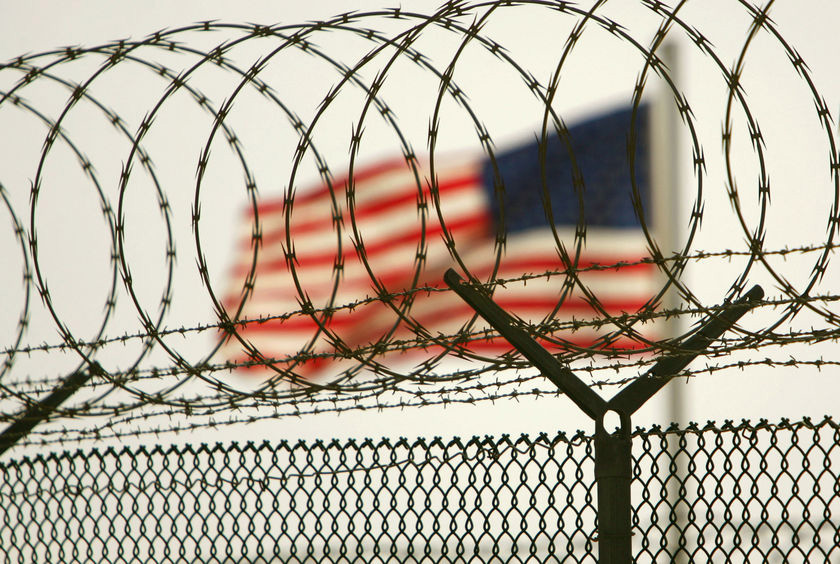

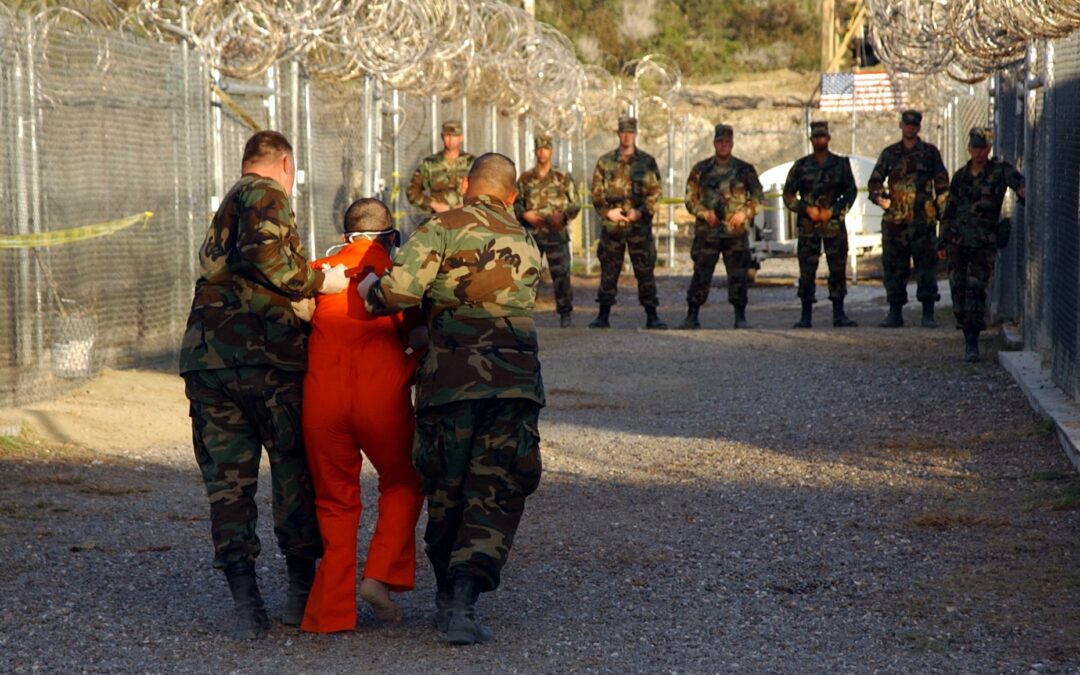
ICJ’s and AI’s intervention in the case Abu Zubaydah v. Lithuania
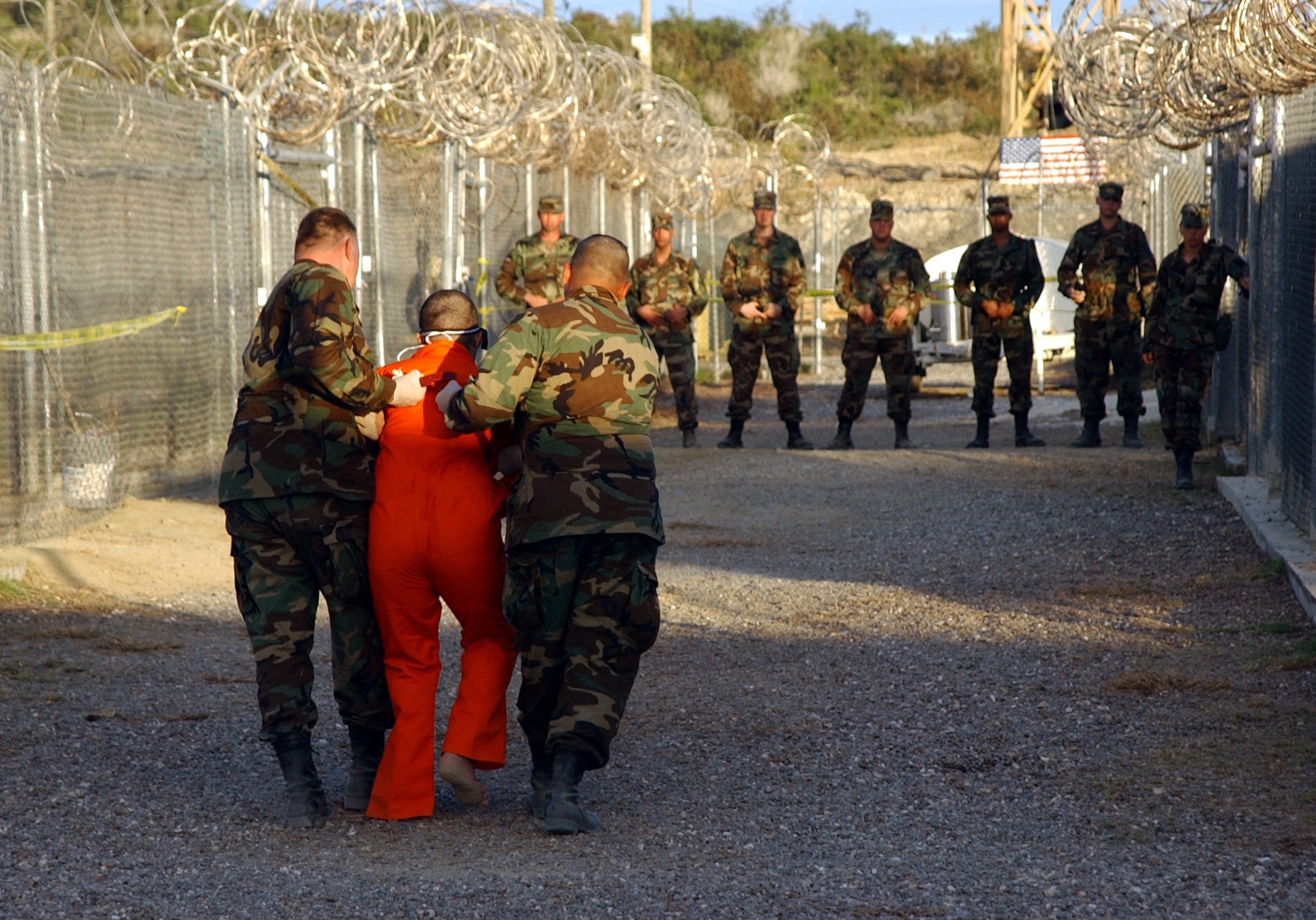 The ICJ and Amnesty International presented a third party intervention in the case Abu Zubaydah v. Lithuania before the European Court of Human Rights.
The ICJ and Amnesty International presented a third party intervention in the case Abu Zubaydah v. Lithuania before the European Court of Human Rights.
In the third party intervention, the ICJ and AI outlined developments on the knowledge imputable to Contracting Parties at relevant times; on the obligations attached to principle of non-refoulement; on the duty to investigate credible allegations of human rights violations and other procedural obligations; and on the human rights violations that detainees previously held in the USA’s secret detention and rendition programmes are currently enduring.
Abu_Zubaydah_v_Lithuania-ICJAIJointSubmission-ECtHR-final (download the third party intervention)
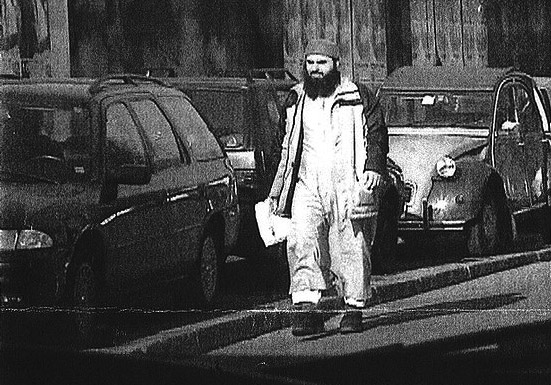
Italy: Presidential pardon for rendition a blow to the rule of law, says ICJ
 The ICJ today expressed its deep concern at the decision of the President of the Republic of Italy to pardon Colonel Joseph L. Romano III, following his conviction by an Italian court for complicity in the rendition of Osama Moustafa Hassan Nasr, also known as Abu Omar (photo).
The ICJ today expressed its deep concern at the decision of the President of the Republic of Italy to pardon Colonel Joseph L. Romano III, following his conviction by an Italian court for complicity in the rendition of Osama Moustafa Hassan Nasr, also known as Abu Omar (photo).
“This pardon deals a serious blow to the rule of law and to accountability for CIA renditions and secret detentions, a system which involved torture, enforced disappearances, arbitrary and secret detention and other serious crimes under international law,” said Massimo Frigo, Legal Adviser with the ICJ Europe Programme. “Italy stood honourably as the only country where an effective prosecution had been brought against CIA and Italian agents responsible for crimes under international law committed through the CIA rendition programme. This pardon deletes, in a single stroke of the pen, years of relentless efforts of prosecutors, investigators and lawyers to assure accountability for these crimes under international law.”
The ICJ emphasized that the pardon granted by the Italian President of the Republic, Giorgio Napolitano, in his last weeks of office, defeats the efforts of the judiciary to uphold the State’s international law obligations to investigate, prosecute and bring to justice those responsible for gross violations of human rights.
“By nullifying the effects of years of efforts of the Italian judicial system, this pardon seriously undermines Italy’s action against impunity and weakens the very foundations of the rule of law,” Frigo added. “The fact that the President of the Republic justified this action by raising the “peculiarity of the historical moment” of 9/11, thus suggesting that a kind of state of exception for the rule of law could have existed, is an unacceptable position under international law.”
The ICJ deeply regrets this decision of the President of the Republic to use his prerogative of pardon to prevent accountability for such an egregious violation of the rule of law in name of US-Italian diplomatic relations.
The ICJ condemns this pardon and stresses that it must not constitute a precedent and that other convictions in this case must not be nullified by pardons or amnesties. All European countries must uphold their duty fight against impunity for gross violations of human rights.
Any further circumvention of accountability for perpetrators of renditions or other gross human rights violations would only extend the cloak of impunity over the rule of law in Europe.
Contact:
Massimo Frigo, Legal Adviser, ICJ Europe Programme, massimo.frigo(a)icj.org
PR-Italy-RenditionPardon-2013-eng (english version)
PR-Italy-RenditionPardon-2013-ita (italian version)
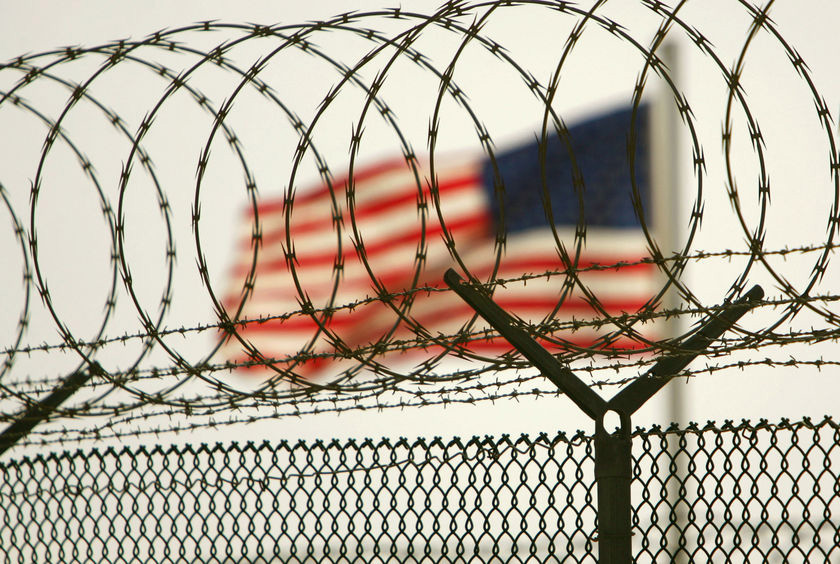
March ICJ E-Bulletin on counter-terrorism and human rights – no. 71
Read the 71st issue of ICJ’s monthly newsletter on proposed and actual changes in counter-terrorism laws, policies and practices and their impact on human rights at the national, regional and international levels. The E-Bulletin on Counter-Terrorism and Human...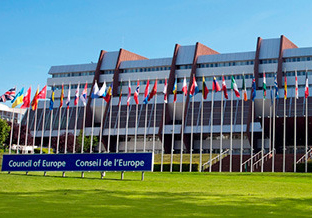
ICJ presents its views on corruption and the rule of law in Europe
 The ICJ presented its views on corruption and the rule of law at a hearing of the Legal Affairs and Human Rights Committee of PACE, on 19 March.
The ICJ presented its views on corruption and the rule of law at a hearing of the Legal Affairs and Human Rights Committee of PACE, on 19 March.
The ICJ presentation, supported by a written submission, addressed in particular the importance of a strong and independent judiciary in combating corruption, and the need to prevent judicial corruption through legislative, organisational and educational measures that promote and support an independent and impartial judiciary.
The hearing, before the Legal Affairs and Human Rights Committee of the Parliamentary Assembly of the Council of Europe, was in preparation for a report by the Committee on Corruption as a threat to the Rule of Law in Europe.
Corruption as a Threat to the Rule of Law (Full text, PDF)




